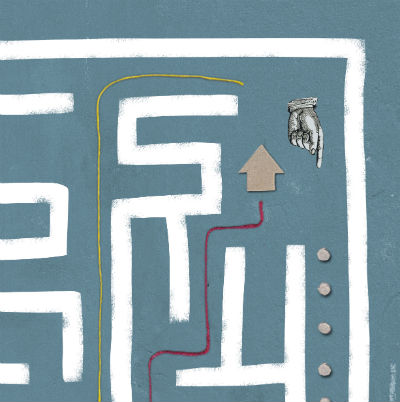Submitted by basma on
This report is part of CRIN's access to justice for children project, looking at the status of the Convention on the Rights of the Child (CRC) in national law, the status of children involved in legal proceedings, the legal means to challenge violations of children’s rights and the practical considerations involved in challenging violations.
New Zealand ratified the Convention on the Rights of the Child (CRC) in 1993. The CRC has not been incorporated into domestic laws, and New Zealand reserves the right to interpret its CRC obligations in consonance with its national laws and policies. Though the CRC is not directly enforceable in national courts, the courts give due consideration to the principles embodied in the CRC while deciding cases where children are involved. A minor can bring, continue or defend any court proceedings with the consent of a litigation guardian. If a lawyer is appointed for the child, it is solely at the discretion of the court to decide whether or not the court fees will be paid by the applicant. Non-governmental organisations may have standing to bring a claim involving a violation of children’s rights. There are several child-friendly mechanisms to enable children to give evidence in court and to protect children’s privacy in legal proceedings.

